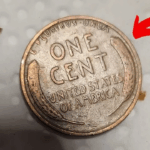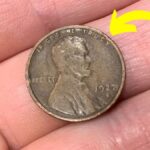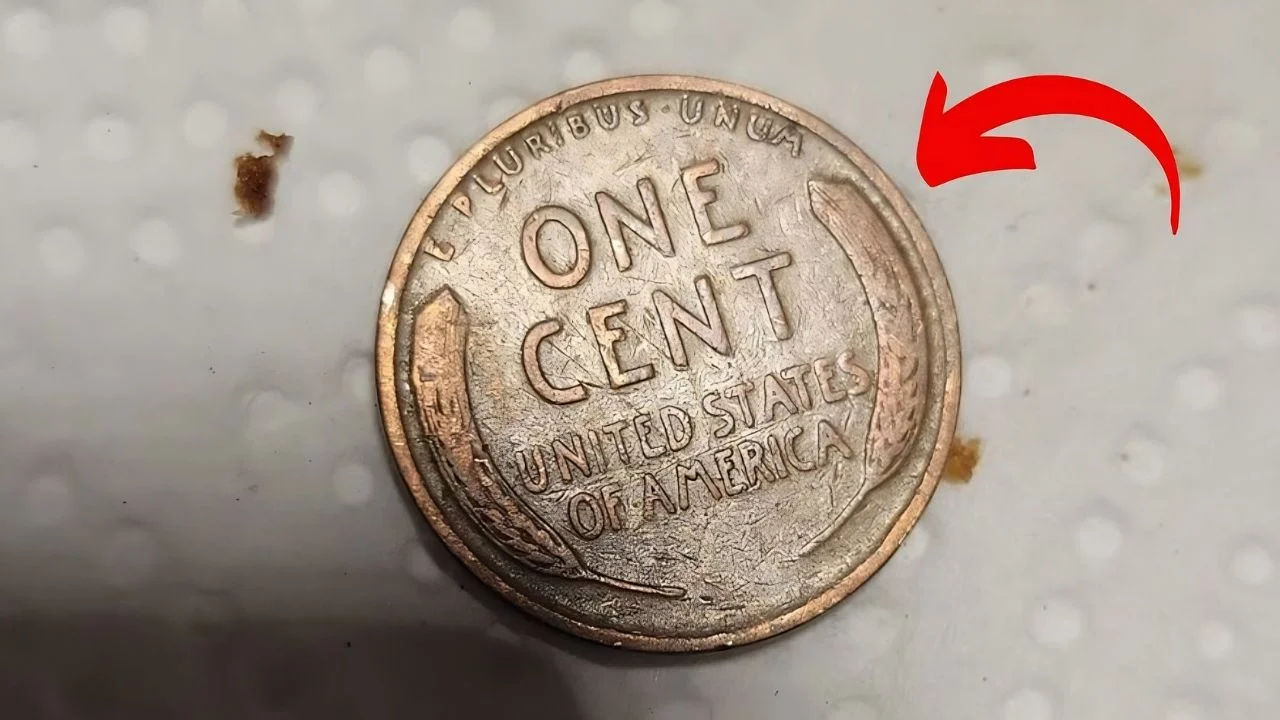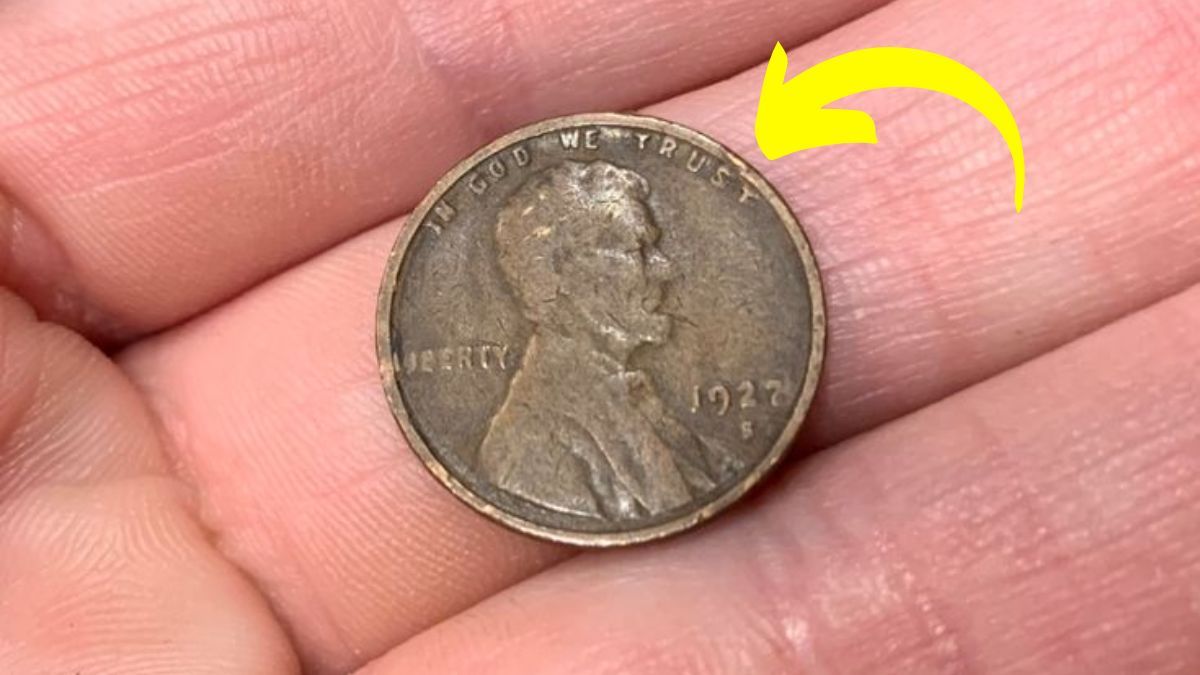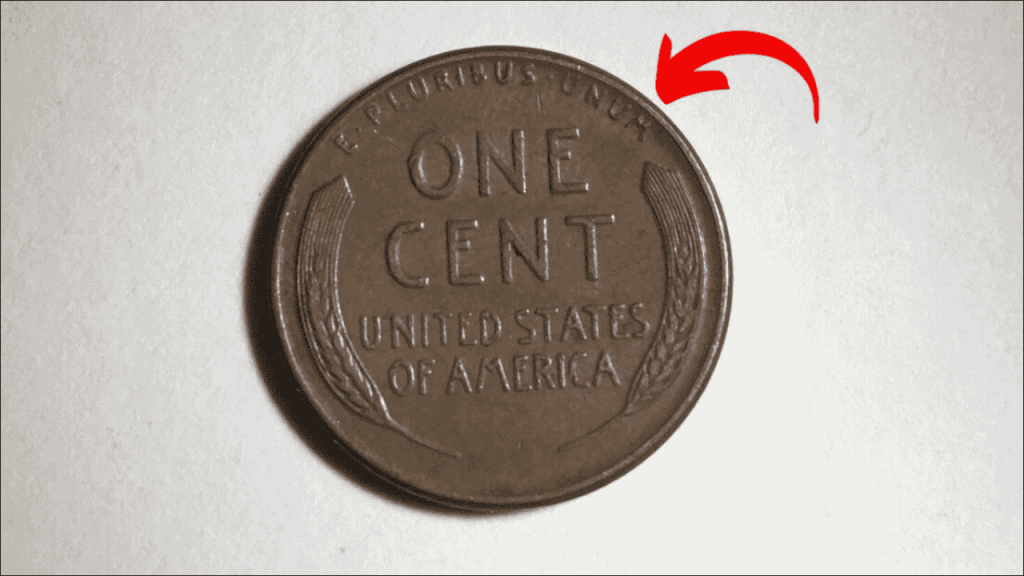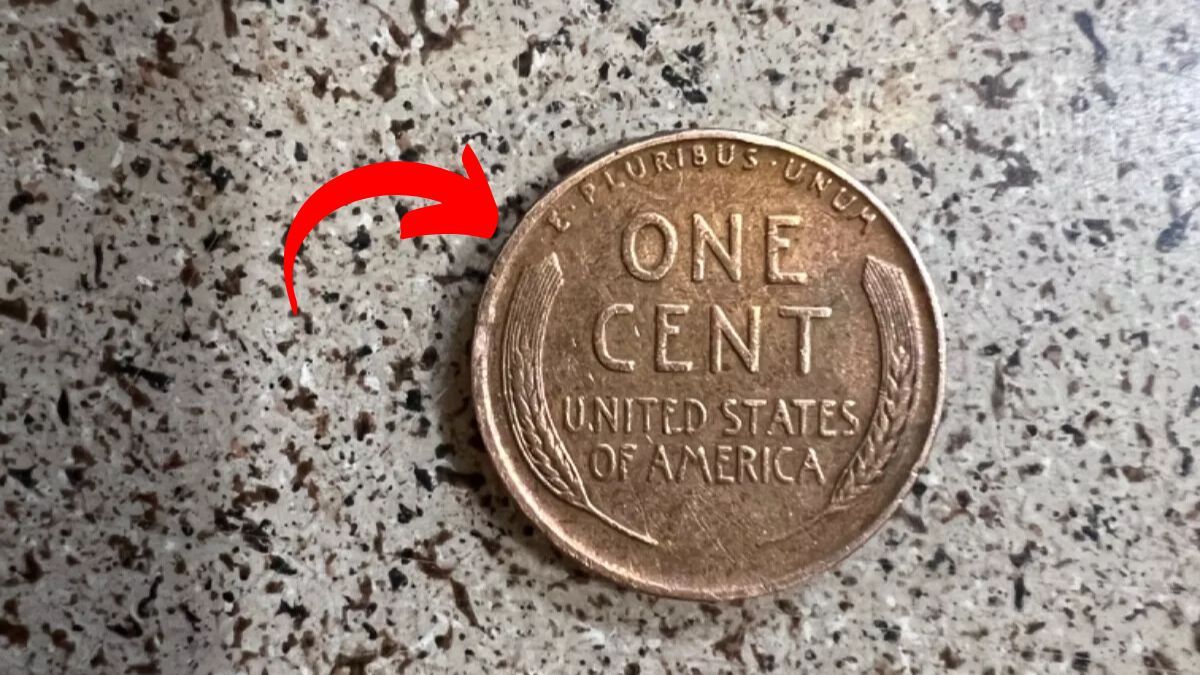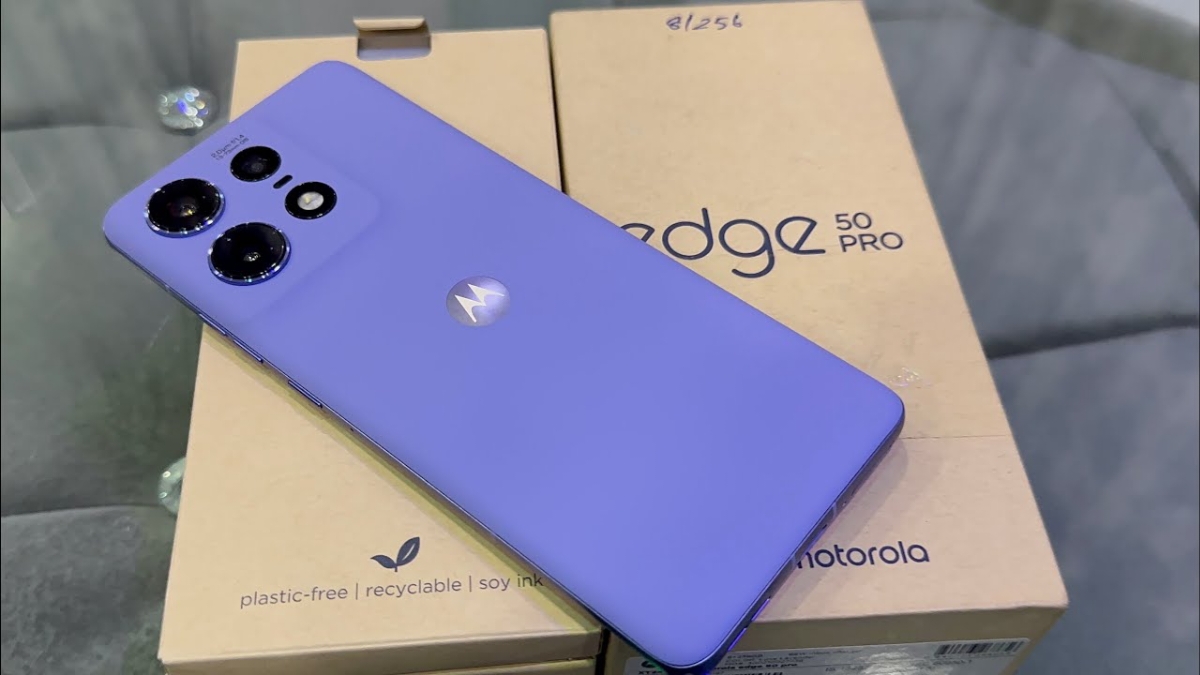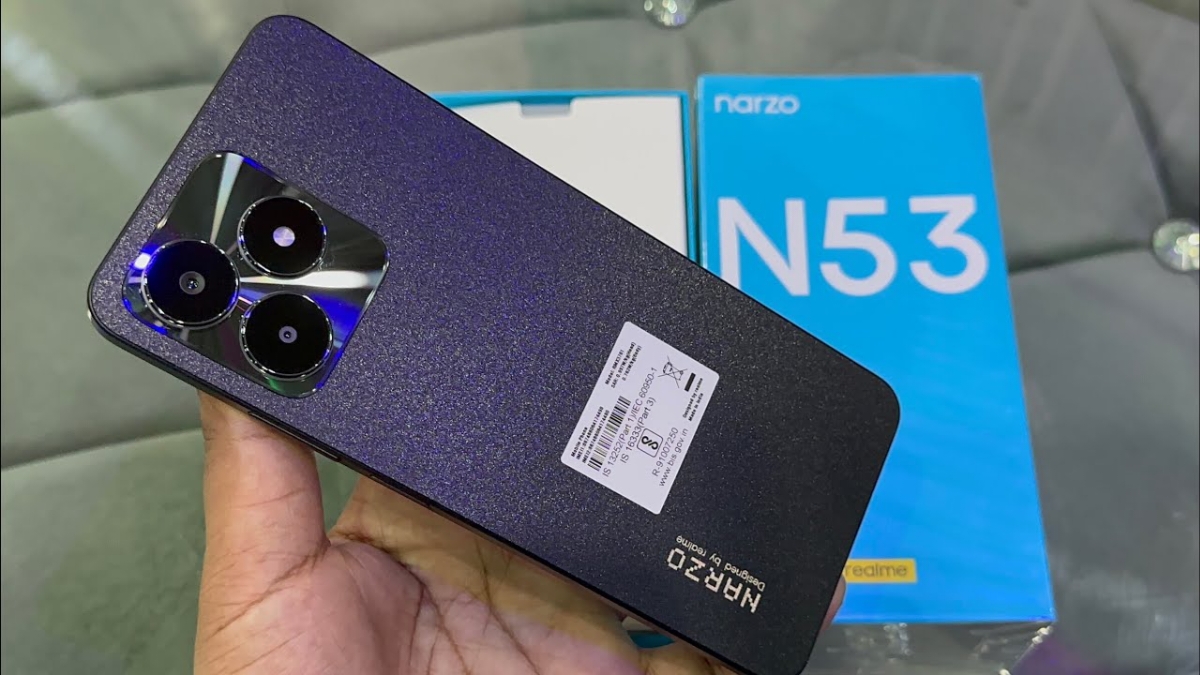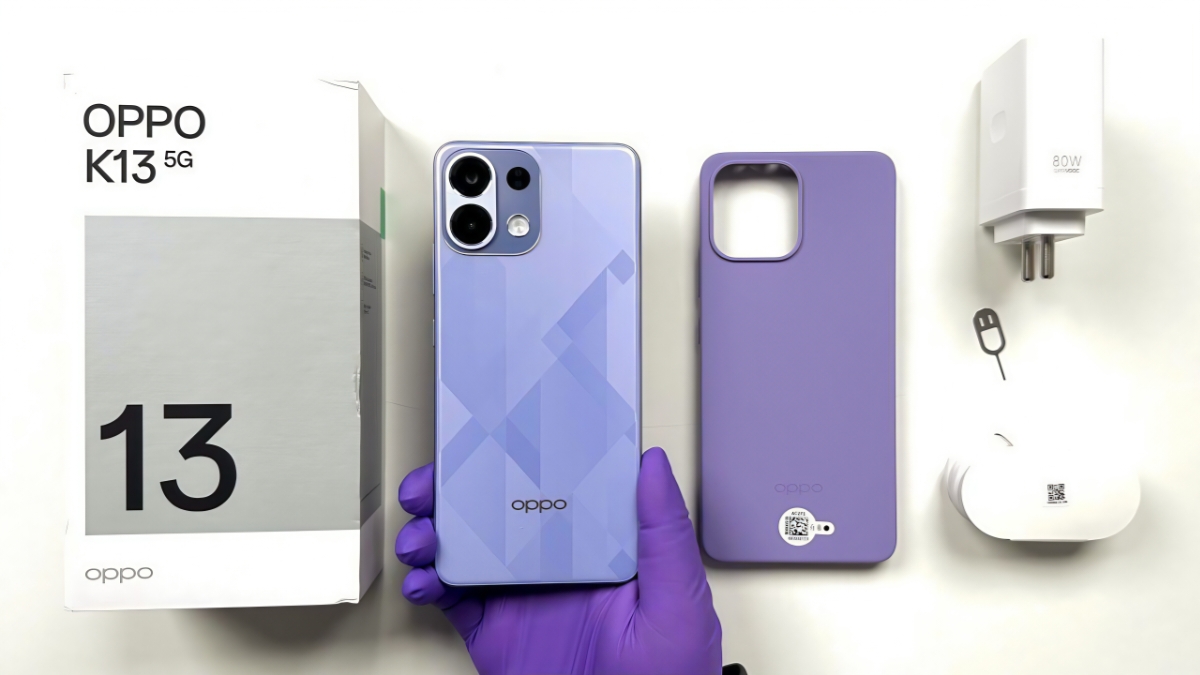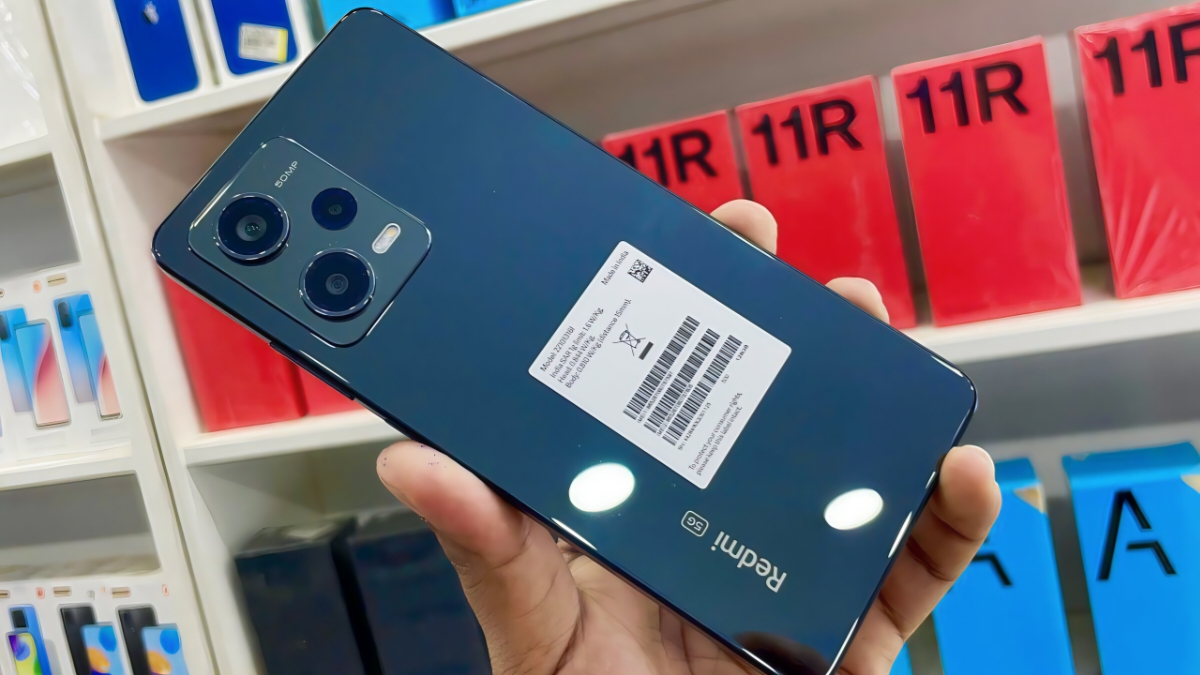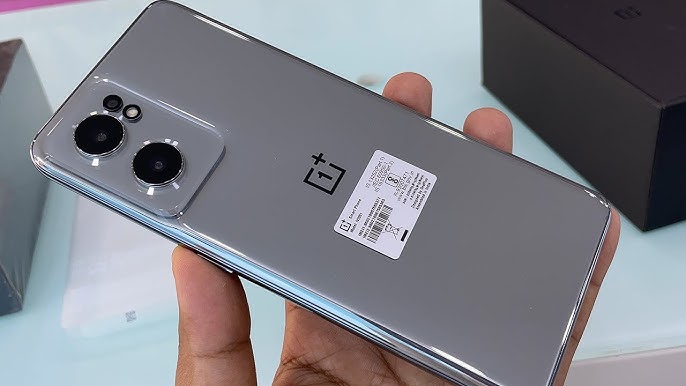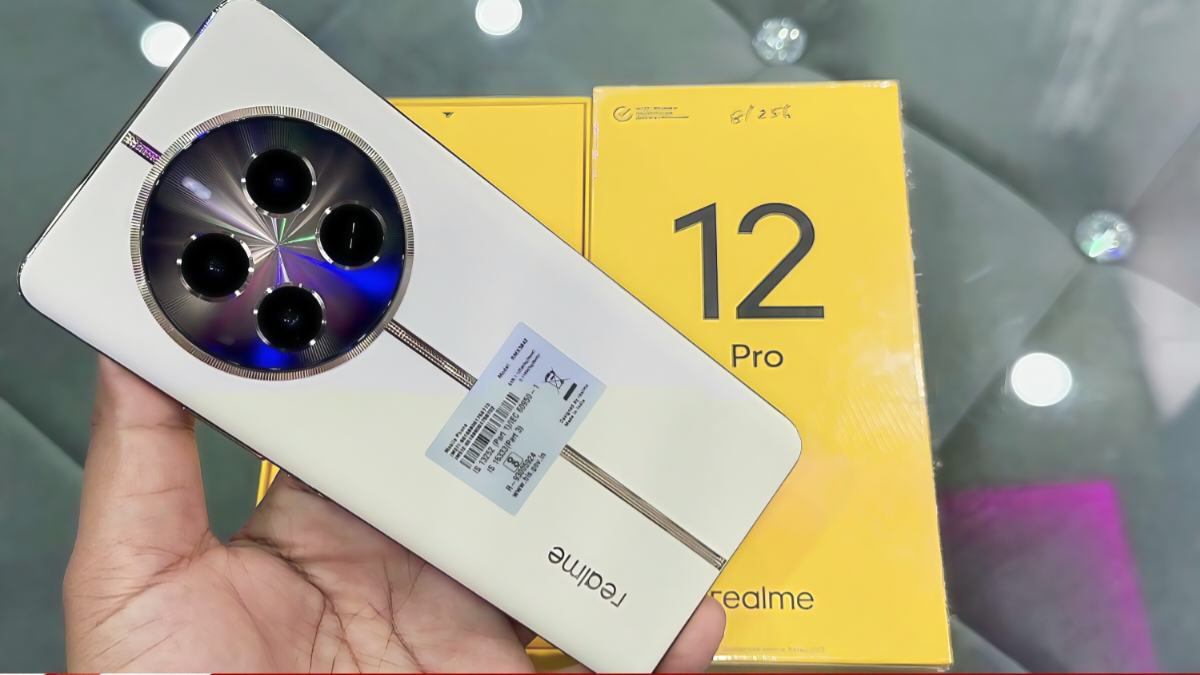That penny in your pocket could be worth millions. While most people toss their loose change into jars without a second thought, coin collectors are buzzing about a Lincoln Wheat Penny reportedly valued at an astonishing $12.7 million. What makes this story even more exciting is that some of these incredibly valuable pennies might still be in circulation today, possibly hiding in someone’s spare change or coin collection.
The Lincoln Wheat Penny Story
The Lincoln Wheat Penny was minted from 1909 to 1958, featuring President Abraham Lincoln’s profile on the front and two wheat stalks on the back. While most of these pennies are worth just their face value today, certain rare variations have become incredibly valuable. The most sought-after is the 1943 copper Wheat Penny, which has reached legendary status among coin collectors and could be worth millions.
How a World War Created a Treasure
The story behind the 1943 copper penny involves a fascinating wartime mistake. During World War II, copper was desperately needed for military equipment, including bullets, wiring, and communication tools. To conserve this vital metal, the U.S. Mint switched to making pennies from zinc-coated steel instead of copper for the year 1943.
The Million-Dollar Mistake
What makes the 1943 copper penny so valuable is that it was never supposed to exist. During the switch to steel pennies, a few copper coin blanks (called planchets) from 1942 were accidentally left in the production line. These were then stamped and released into circulation, creating a small number of 1943 copper pennies. Only a handful of these error coins are known to exist today, making them extremely rare and incredibly valuable to collectors.
How to Identify a Valuable 1943 Penny
If you’re wondering whether you might have one of these valuable coins, there are several ways to check. First, look for a penny dated 1943 with a copper color instead of the silvery appearance of the steel pennies from that year. You can also try the magnet test – steel pennies will stick to a magnet, while copper ones won’t. A copper penny weighs about 3.11 grams, slightly heavier than the 2.7-gram steel version. Finally, check for a mint mark below the date – “S” for San Francisco, “D” for Denver, or no mark for Philadelphia.
Other Valuable Wheat Pennies
While the 1943 copper penny is the most valuable, other Lincoln Wheat Pennies can also be worth thousands. The 1909-S VDB penny, one of the first Lincoln pennies with the designer’s initials, can be worth up to $100,000. The 1914-D penny from Denver, with its low mintage, can bring in $10,000 or more in excellent condition. The 1955 Double Die penny, which shows a striking error where the letters and numbers appear doubled, can fetch around $50,000.
Why These Coins Command Such High Prices
The extraordinary value of these pennies comes from the perfect combination of historical significance, extreme rarity, and high collector demand. These aren’t just coins; they’re pieces of American history that tell stories of wartime production, human error, and the unexpected value of overlooked items. With so few examples known to exist, serious collectors are willing to pay premium prices to add these treasures to their collections.
Could You Be the Lucky Finder?
Amazingly, valuable coins are still being discovered in everyday places. People have found rare pennies in family inheritances, old furniture, and even in ordinary pocket change. One fortunate person discovered a 1943 copper penny during high school and later sold it for nearly $1.7 million. If you think you’ve found a valuable penny, don’t clean it! Store it carefully in a soft coin holder and have it examined by a professional appraiser or submit it to a coin grading service like PCGS or NGC for authentication.
Disclaimer
The values mentioned in this article are based on reported sales and current market estimates for extremely rare, authenticated specimens in excellent condition. Most Lincoln Wheat Pennies are worth only a few cents. Actual values vary greatly depending on condition, authenticity verification, and current market demand. This information is provided for educational purposes only. If you believe you have found a valuable coin, please consult with a professional numismatist for proper authentication and valuation.

